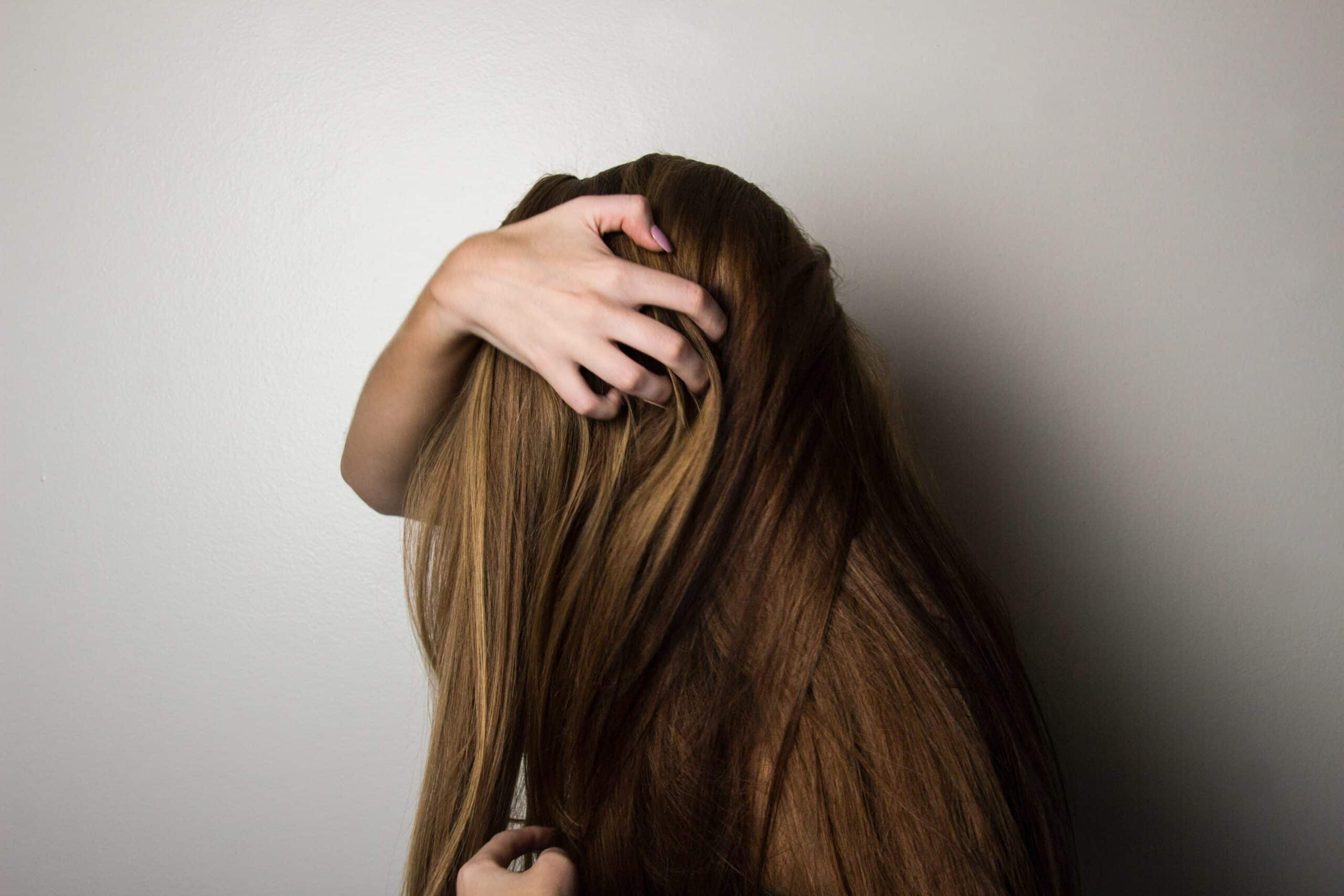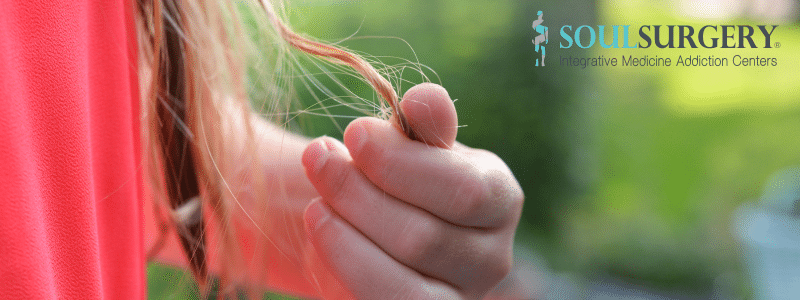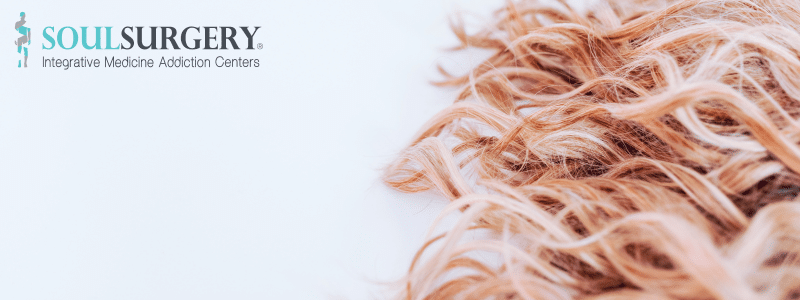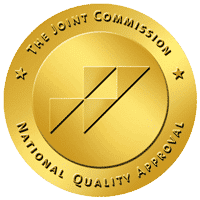
Alcohol and Hair Loss



It’s no secret that over-consumption of alcohol has adverse effects on your body. Many adults know what it’s like to have a nasty hangover or headache from drinking a little too much.
But these are short-term effects that typically go away soon enough. However, some effects of alcohol abuse follow you for the long haul.
We’ll look at alcohol’s effect on the body and physical appearance, specifically alcohol and hair loss.
We’ll answer the following questions:
There’s no evidence that the direct act of drinking alcohol leads to hair loss. Rather, it’s the side effects of excessive alcohol consumption that can contribute to hair loss in individuals. Alcohol in high amounts increases dehydration, malnutrition, and poor sleep, which impacts a healthy hair growth cycle.
Due to being a diuretic, alcohol can quickly dehydrate your body, leading to dry skin. Your scalp may become drier and itchier, causing skin flakes and dandruff. Heavy drinking affects the immune system, making the body susceptible to infections, including folliculitis, which causes scalp inflammation, itchiness, redness, and hair shedding in severe cases.

Over time, high alcohol intake can lead to dehydration, nutritional deficiencies, and increased stress levels. If these problems linger, your body won’t be able to process them effectively, causing problems with skin, nails, and hair.
Alcohol is a diuretic, causing your body to produce more urine. Urinating releases water from the body, so heavy alcohol consumption can lead to dehydration, especially without mindfully hydrating. Water and hair growth go hand-in-hand. Water makes up nearly 25% of the weight of a single strand of hair, so your hair needs to stay hydrated to maintain good health.
When the body is dehydrated, it will send the little water it has to vital functions, neglecting hair growth. Over time, the hydrogen bonds that hold hair strands together will begin to break down, causing hair to become brittle, weak, and easily damaged.
Hair growth relies on essential nutrients like iron, vitamin D, zinc, and copper. Hair strands can weaken and fall out if you’re not getting enough of these vitamins and minerals.
Alcohol impacts how the body absorbs essential nutrients. It’s capable of damaging the cells that line the stomach and intestine, disabling the transport of nutrients into the bloodstream. Excessive drinking can lead to a continuous lack of nutrition, causing hair thinning, weakness, and long-term damage to hair follicles.
Drinking alcohol alters the brain’s chemistry, releasing higher amounts of the stress-inducing hormone adrenocorticotropic and cortisol. When the body’s hormones are imbalanced, it makes it challenging to process stress effectively. Stress leads to harmful effects on the body, like sleep problems and poor eating habits. Alcoholism is also linked to telogen effluvium, a stress-induced condition that causes hair loss in individuals of all ages.
The stress cycle that comes from poor sleep can create inflammation that damages hair follicles. If you replace a healthy diet with alcohol or other unhealthy food choices, your body will lack the necessary vitamins to thrive. This contributes to increased stress and malnutrition, causing poor hair health.

If you suspect that your hair loss is due to the effects of alcohol, quitting can allow your body to regain the needed vitamins and hydration to restrengthen hair follicles. Within several months of the absence of alcohol and making healthier decisions (eat a balanced diet, take multivitamins, stay hydrated, get quality sleep, etc.), you’ll likely notice less hair loss and even an increase in overall growth and fullness. In more extreme cases of alcohol consumption, the normal hair growth cycle can take up to a year to resume.
If you’re considering or actively seeking treatment for drinking, you have several options. The most common forms of alcohol treatment include inpatient and outpatient rehabilitation, medical detox, medication assistance, and different therapies and support groups.
If you’re struggling with alcohol addiction, the good news is that recovery is possible, and we’re here to help.
Our team of compassionate professionals develops recovery strategies individualized to each patient, ensuring you’ll get the treatment you need.
Contact us to learn how to get started on your recovery journey.
We look forward to hearing from you.







Take the first step in your journey to recovery.
"*" indicates required fields